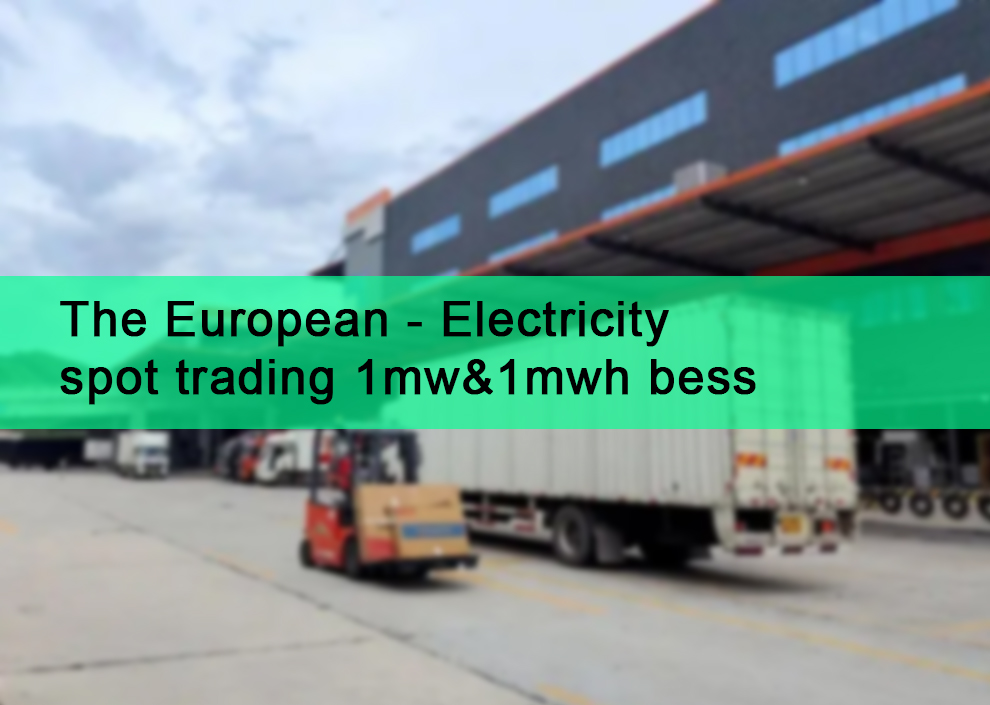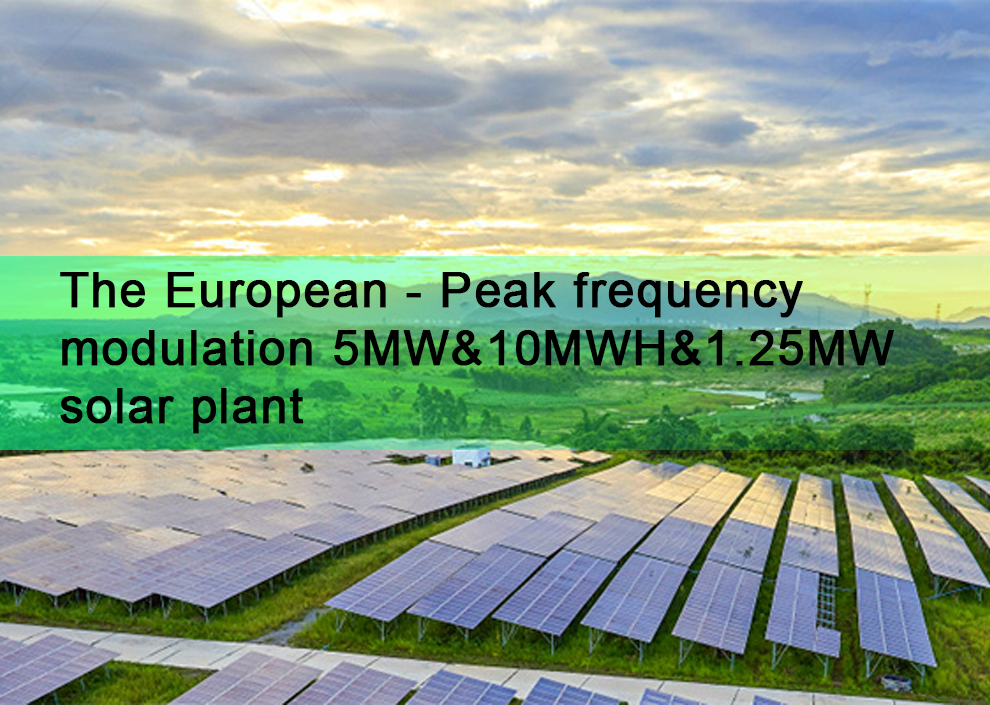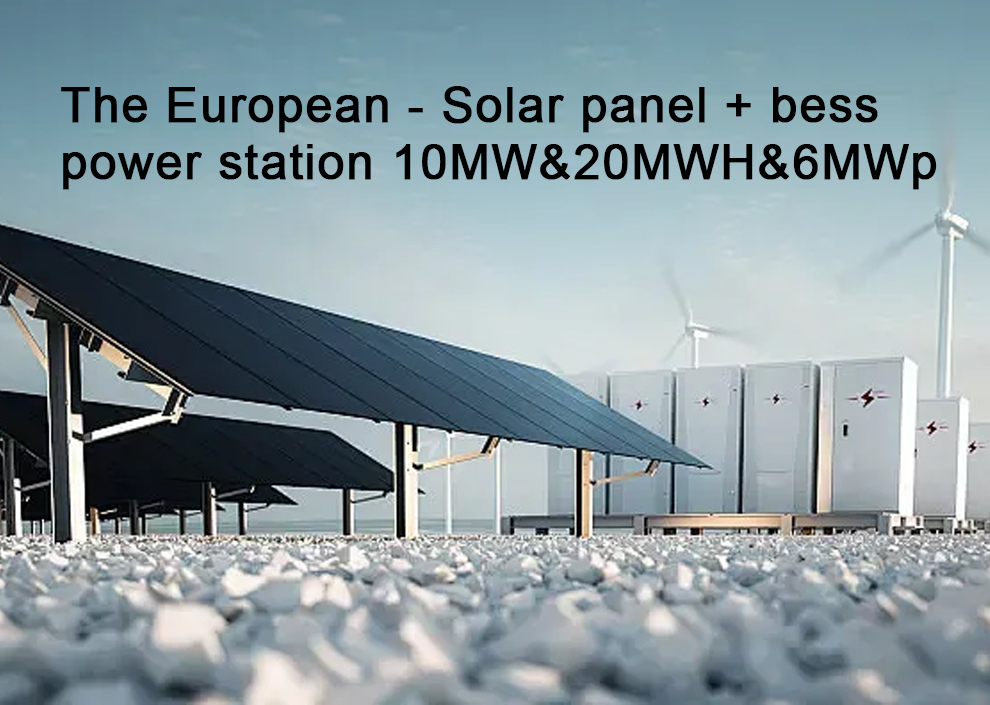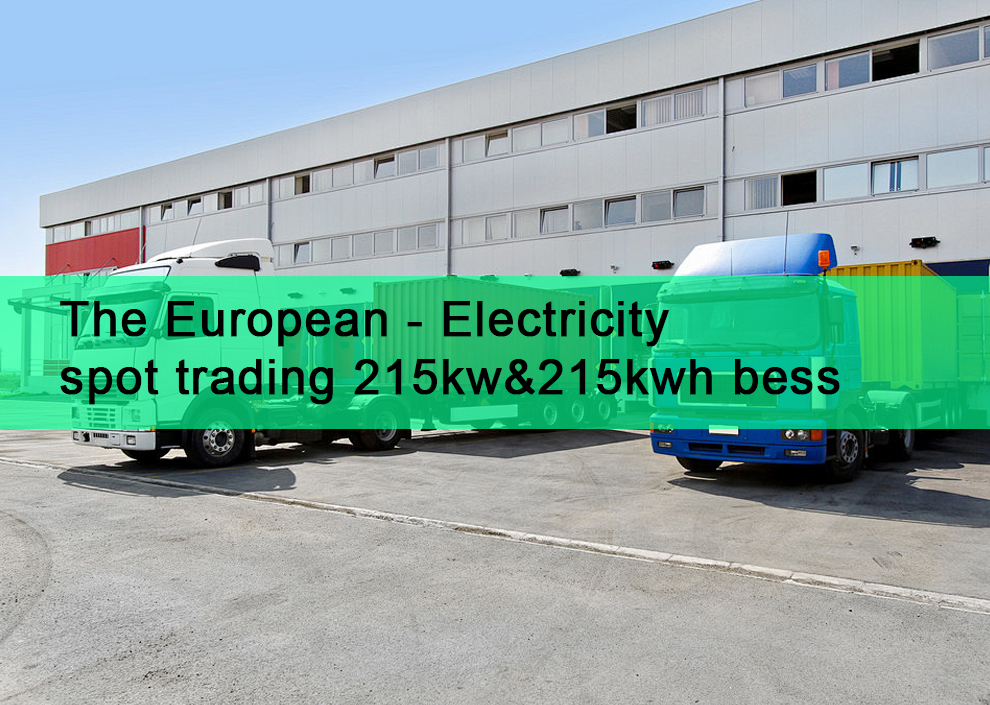Chile forms state-controlled entity with SQM to control domestic lithium production
2024-08-29
The government of Chile has formed an entity to keep a majority stake in domestic lithium production with one of the two private companies that mine it, while also setting aside land for 13GWh of downstream energy storage projects.
Following negotiations since May, the state-owned National Copper Company (CODELCO) and publicly listed chemicals corporation Sociedad Química y Minera de Chile (SQM) have formed a 'common partnership' in which CODELCO will hold a stake of 50% 'plus one share', giving it control.
The government said this will allow the Chilean state to retain a majority stake in lithium extraction in partnership with private companies, following its announcement in April of plans to nationalise its industry. The move has been spearheaded by Leftist president Gabriel Boric through his National Lithium Strategy.
Lithium is the main mineral needed to manufacture lithium-ion batteries, which are the main technology used today for electric vehicle (EV) batteries and battery energy storage systems (BESS).
Lithium in Chile is currently only mined by private companies, with SQM and another mining firm Albemarle holding concessions to do so which end in 2030 and 2043 respectively. However, SQM's concession is ten times larger by land footprint according to Reuters.
The government has been negotiating with both to incorporate their operations into the new state-controlled entity, while some ministers have stressed the need to press ahead with its own projects independently.
SQM's operations would presumably be rolled into the new entity with the announcement saying it would 'allow operations to continue in the Salar de Atacama until 2060', the Salar de Atacama being Chile's main salt flat where lithium deposits are found.
In April, Albemarle said the move by the government would have 'no material impact' on its business. SQM is based in Chile while Albemarle is headquartered and listed in the US.
The Chilean government said the project's terms and conditions include the incorporation of technologies that will allow progress to be made towards guaranteeing the natural ecosystem's water balance.

Land set aside for 13GWh of energy storage
In related news, the Chilean Ministry of Energy has kicked off a programme to make it easier for energy storage developers to get access to public land for projects.
The 'Promotion Plan for the Development of Storage Systems' is an initiative that will allocate public owned land across four regions – Arica and Parinacota, Tarapaca, Antofagasta and Atacama – for projects with an aggregate energy storage capacity of 13GWh.
Developers will be able to apply for the direct allocation of land for storage projects in areas defined in partnership with the Coordinador Eléctrico Naciona (CEN), an independent body which helps to coordinate the electricity system in Chile.
Developers and independent power producers (IPPs) have been busy submitting projects for environmental impact assessments (EIAs) in Chile. However, availability of public land for projects was a challenged cited by the private sector, the Ministry said.
The grid-scale energy storage market is set to grow substantially through three main avenues in the coming years.
First, energy storage is being added to existing solar PV projects to reduce huge levels of solar curtailment and negative pricing.
Second, a new market classification for standalone storage has opened up the market to standalone projects with the capacity market and energy trading set to make up the bulk of the business case (Chile has among the highest intraday spreads in the world according to a developer interviewed in September for a Premium article).
Third, the government is set to launch a bill to procure large-scale storage worth billions as covered in June last year.
 Innovative Solutions - The European...
Innovative Solutions - The European...
 Innovative Solutions - The European...
Innovative Solutions - The European...
 Innovative Solutions - The European...
Innovative Solutions - The European...
 Innovative Solutions - The European...
Innovative Solutions - The European...
 Key Technologies for Energy Storage Converters or Power Conversion System (PCS)...
Key Technologies for Energy Storage Converters or Power Conversion System (PCS)...



